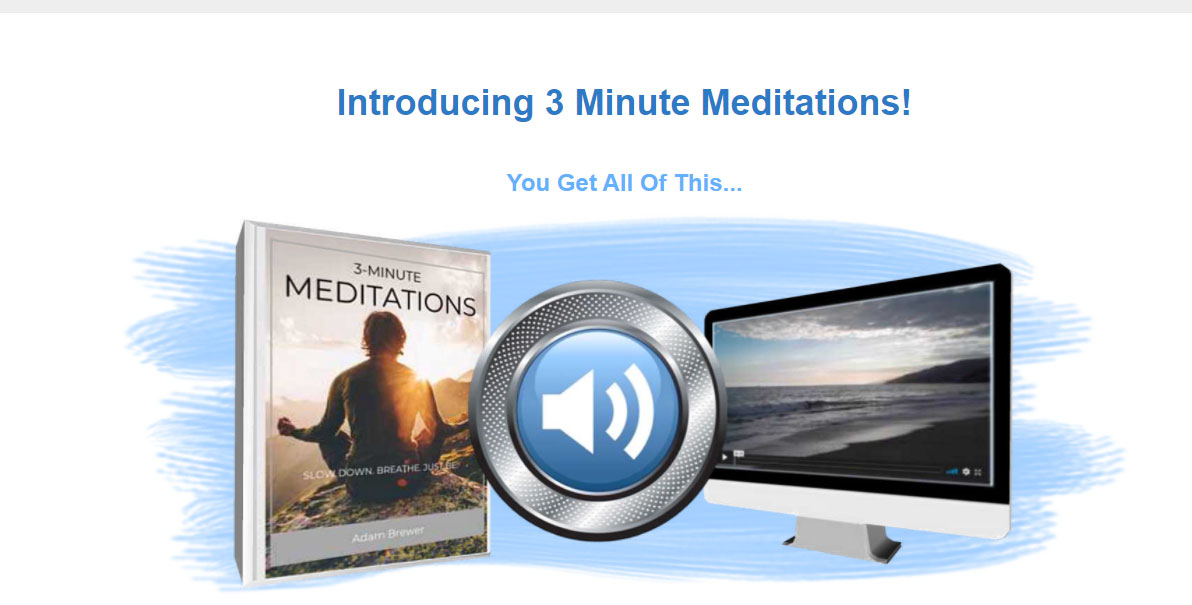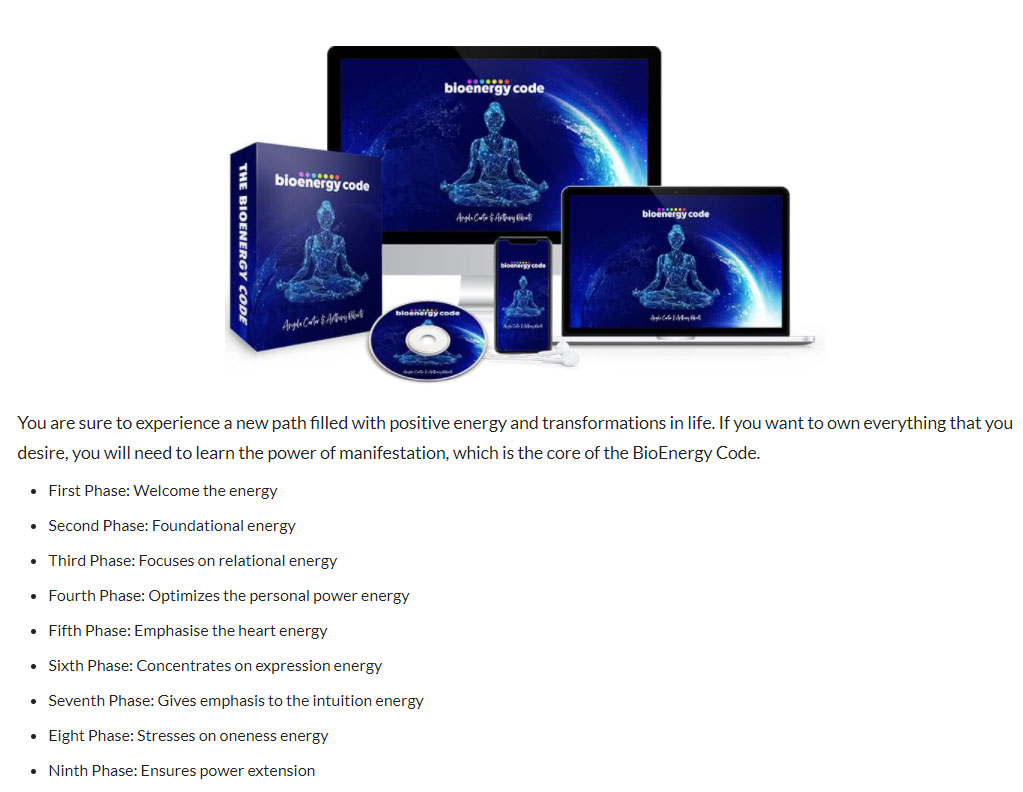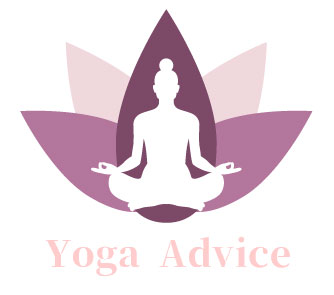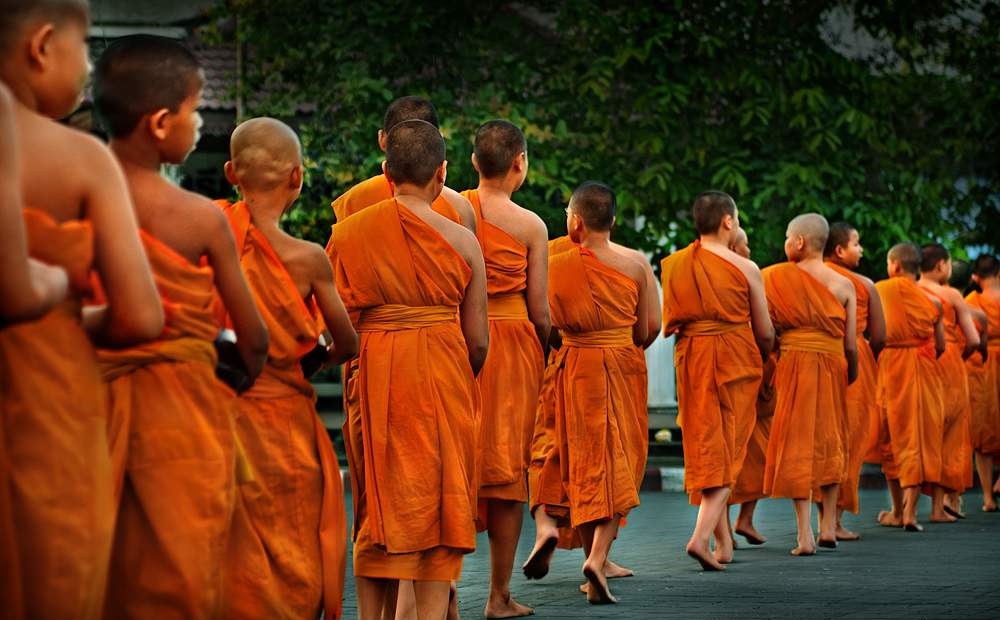How to Become a Buddhist?
There is a reason why Buddhist monks seem so peaceful all the time: they follow certain rules of life that we do not respect. Their whole philosophy revolves around the idea of reducing suffering. This philosophy may seem foreign and almost impossible to you, but the truth is that it leads to greater happiness.
Simplify
Buddha was not born ascetic! In fact, he was born a prince. He had every opportunity to accumulate as many "things" as he wanted. But he didn't. Instead, he saw through the vain attempts at materialistic fulfillment and decided that there must be another answer. More precisely: happiness comes from within, so why look for it outside ourselves? With this principle in mind, he sought to abandon all that was unnecessary and embrace a deeper reality. This is the basis of simplicity.
Donate
When you can develop a selfless attitude, you focus less on your personal problems. You become less emotional about small things and your mind becomes calmer. Recognizing that being more selfless toward others brings deeper happiness is one of the pillars of spiritual life; it is also a matter of common sense. When we help others, we find deeper satisfaction.
Meditate
Scientifically speaking, we know that meditation changes the brain. On top of that, it changes our very nature. Buddha knew firsthand that meditation was a powerful tool because it was his springboard to enlightenment. Of course, you probably don't have time to meditate for hours every day, but even just 30 minutes will change your life.

Follow the Wise One
Listen to seniors and those with more experience. This is the way of the wise. If you look around you, there are always insightful people you can learn from. Older people have more experience, which allows them to offer countless life lessons.
Accepting mindfulness as a way of life
It is of course very easy to judge others. After all, it is part of our make-up to look at others and evaluate them. It is our primitive brain that analyzes threats and evaluates the world around us. But this is not always helpful, and sometimes it leads us to look at someone from the wrong side. The wonderful thing about mindfulness is that it is non-judgmental. The main purpose of mindfulness communication is to assimilate everything someone says without evaluating it.
Embracing change
Every morning, we wake up and look at ourselves in the mirror. We identify that person as "us". We cling to this perception - with our body and our personality. When it changes with illness, old age or accidents, we suffer from it. This is also true for our friends and family. Everything changes, it is the fundamental law of the universe. When we understand this and accept it, peace flows easily and without expectation.
Living in the moment
Our minds do this funny thing where they try to live in the past or in the future, questioning old conversations and scenarios over and over again. But this is not reality. Life doesn't happen between your ears, it happens NOW.


